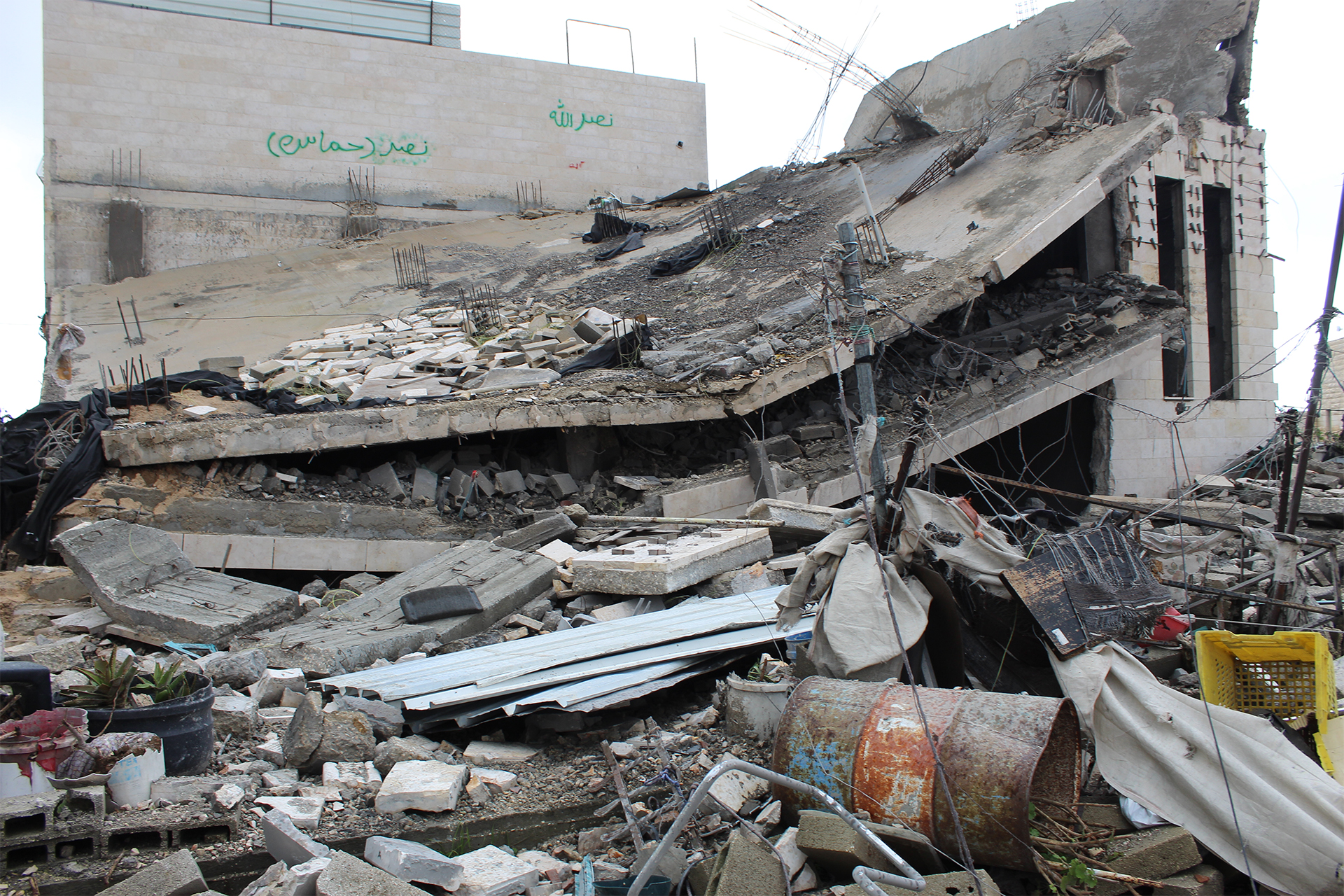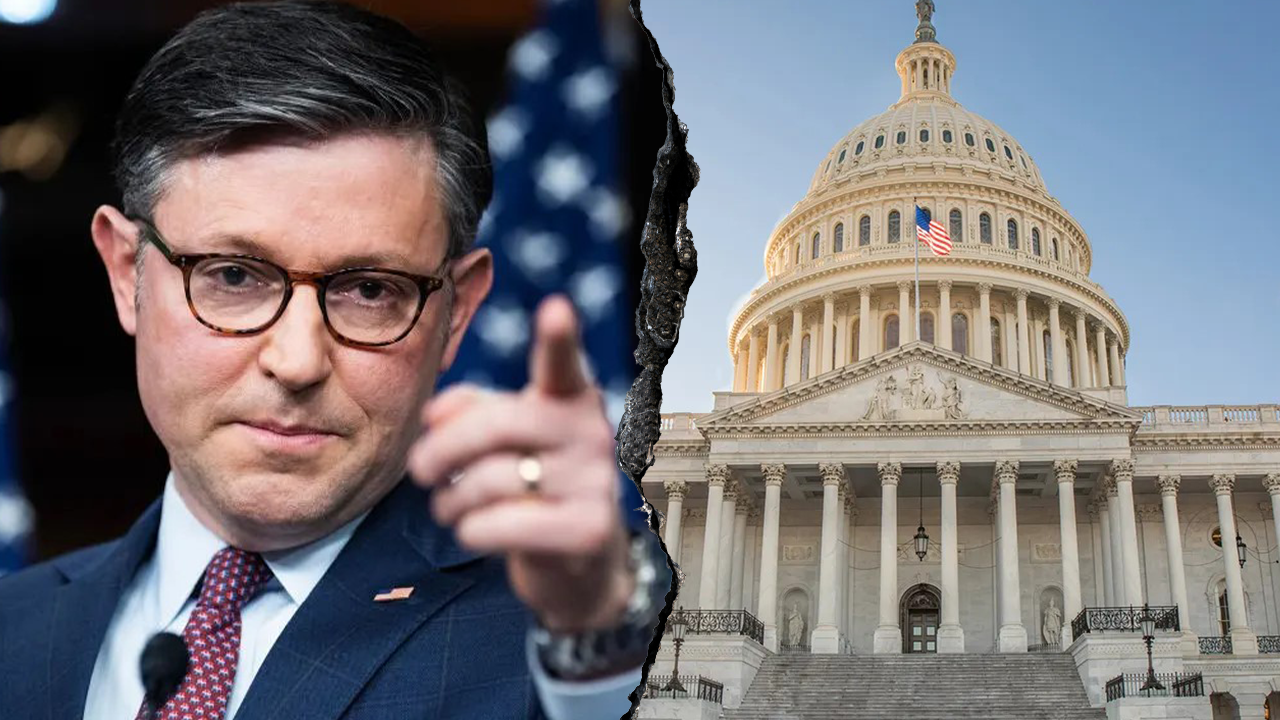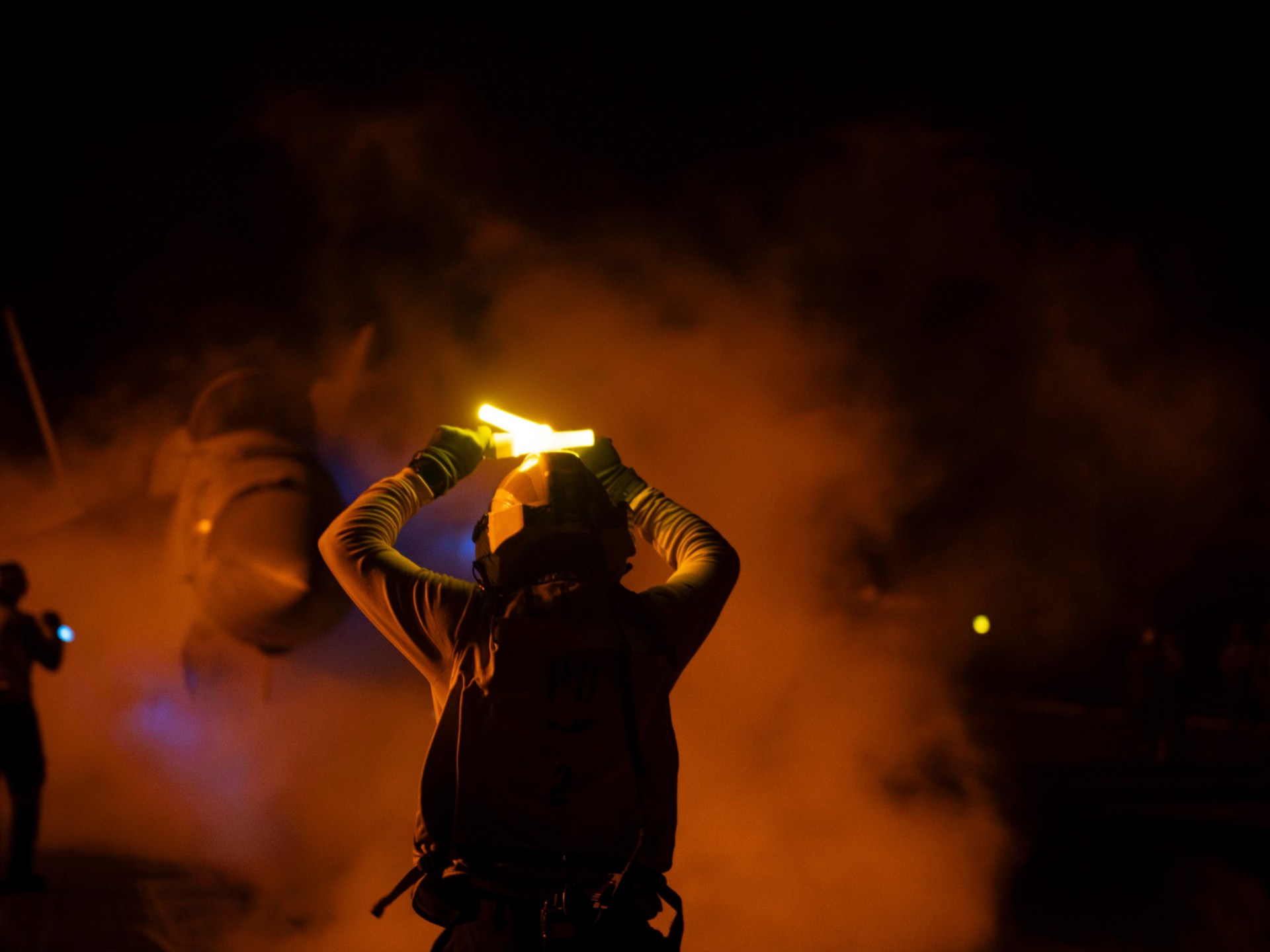Ramallah- The octogenarian Palestinian Abdel-Afo Al-Qawasmi was scheduled for a new punitive demolition of his house, last Sunday, after a previous demolition in 2004, targeting this time two floors consisting of 4 residential apartments, with a total area exceeding 500 square meters.
Both demolitions fall within the policy of collective punishment imposed by the occupation on the families of Palestinian resistance fighters who carry out operations against the occupation. The first was in response to the martyrdom of Ahmed, Al-Qawasmi’s son, in a bombing operation. The last one was in response to the participation of his son Nasr (18 years old) in an operation at the military tunnel checkpoint south of Jerusalem last November, along with two others from the same city.
An annual report by the Institute for Applied Studies (ARIJ) states that the occupation demolished 465 homes in the West Bank, including Jerusalem, during the year 2023, while the Wall and Settlement Resistance Authority says that the demolition operations caused 1,416 Palestinians to lose their homes and facilities.
What happens after demolition?
Al-Qawasmi received solidarity activists and journalists in a courtyard near the rubble of his house after it was bombed, while he moved with his family to live in the house of one of his sons, but he wonders, “For how long?”
What hurts the Palestinian elderly person is that he and his children suffered for years until they built the last house after the first was demolished. He told Al Jazeera Net that an entire floor was not equipped, and that what happened to him was a punishment for a sin he did not commit, explaining that “Nasr left with his bag to school in the morning, then I received news of his martyrdom, and on top of his killing, my house was demolished.”
Al-Qawasmi says that the most support he received was for the municipality to clean the street to facilitate people’s passage, while no one even offered to remove the rubble that poses a danger to the shops, or provide alternative housing, or rebuild his house, adding, “Even if a tent did not reach us.” “No government agency contacted us to ask us what we needed, or to provide us with alternative housing.” He added, “The government has a duty and it is required to fulfill it,” referring to providing housing for him.
The moment the Israeli occupation forces bombed the house of the martyr Nasr al-Qawasmi in the city of Hebron in the West Bank#Gaza_War #video pic.twitter.com/NqnTigDcgQ
– Al Jazeera Palestine (@AJA_Palestine) January 21, 2024
Multiple justifications
The nature and circumstances of demolition vary. There are houses that are demolished as collective punishment, as in the case of Al-Qawasmi, and others that are demolished randomly during the Israeli incursions, as happened in Tulkarm and Jenin, and other houses that are demolished under the pretext of building in Area C controlled by the occupation.
In cases of demolition as collective punishment (called national or security demolition), Al-Qawasmi found shelter for his children, and in other cases families and relatives cooperate in building homes, while official bodies are completely absent, and therefore these cases are the least likely to receive compensation.
Al Jazeera Net went to the Ministries of Works and Local Government, but their officials reported that there were no programs to compensate those whose homes were demolished on security or national grounds.
As for demolition cases during the invasions, these receive support from local and international bodies, and the Palestinian government decided this week “to restore the damage to buildings in the Old City of Nablus and the Nour Shams and Tulkarm camps as a result of the successive Israeli incursions, and to provide temporary shelters and coordinate with the Relief and Relief Agency regarding that”.
Before that, internal and external support amounting to tens of millions of dollars was announced several times, and homes were rented to those whose homes were damaged, especially in the invasion of Jenin camp, while government agencies are responsible for rehabilitating the infrastructure, but the repeated raids bring everything back to square one.
In cases of construction without a permit, there are two groups: one group lives in simple, primitive dwellings made of tents, tin or small concrete rooms, and they are quickly accommodated by providing alternatives through a government agency and humanitarian organizations. As for the modern and expensive homes, aid can barely meet their needs.
The moment the house of prisoner Basil Shehadeh was blown up in the village of Urif, south of Nablus pic.twitter.com/QiBpWWANck
– Shehab News Agency (@ShehabAgency) January 24, 2024
Compensation is not enough
The Palestinian citizen, Khaled Khanna, has another story with demolition and compensation. He is a government employee from the Arroub camp, north of Hebron, who was preparing to hand over his rented residence, in preparation for moving to a new residence that he has owned since 2019, but the occupation bulldozers preceded him in demolishing it under the pretext of building without a license.
Khanna had received a lump sum of 10,000 shekels (about 2,600 dollars today), which is an amount usually paid to every citizen whose house is demolished, regardless of the nature of this house and its cost, in addition to a thousand dollars as a one-time rental allowance from the International Committee of the Red Cross.
Even today the owner of the house, whose roots are from the village of Zakaria, which was displaced in 1948, continues to repay the bank loan with which he built the house on the one hand, and pay the rent for the current residence on the other hand, in light of decreased salaries as a result of the financial crisis that the Palestinian Authority is suffering from.
Regarding the demolitions in Area C, Abdullah Abu Rahma, the popular action official in the Wall and Settlement Resistance Commission, says, “The Commission, in partnership with international organizations, some of which are supported by Europe, provided alternative housing for most – if not all – of those whose homes were demolished in Palestinian communities.” In Area C.
But after last October 7, Abu Rahma added in his interview with Al Jazeera Net that “the matter no longer stopped at demolition, but rather 22 communities were displaced under force of arms, so we rushed with our partners, each in their field of interest and specialization, to provide housing for the displaced families and water tanks.” And bathrooms, barns and fodder for the sheep, after they lost the pastures on which they depended.”
The occupation demolishes homes in Gaza under the pretext of alleged “terrorism.”
And demolishes it in the West Bank and the interior under the pretext of “lack of a license.”
Whatever you do, I will accuse you of being Palestinian and the occupation wants to demolish your home and expel you from your land.
The picture is of a house demolished by the occupation this morning in Jerusalem.
Yassin Ezz El-Din pic.twitter.com/CaxrL3IXk8
— yaseenizeddeen (@yaseenizeddeen) October 18, 2023
The role of authority and factions
According to the coordinator of the National and Islamic Forces, Issam Bakr, the governorate, which is the highest official representation for each region, and in cooperation with the relevant ministries, is tasked by the Palestinian leadership with following up on demolished homes, rebuilding or restoring them, and sheltering their owners who were forced to evacuate their homes.
He added, in his speech to Al Jazeera Net, that in light of the financial crisis that the authority is going through, “the factions, civil society institutions, and the private sector must rise to the level of the challenge and bear their responsibilities, through committees that include all national components.”
Here, Bakr refers to the solidarity of Palestinians, the local community, and relatives of those whose homes were demolished in some areas, to rebuild them or rent or buy alternative housing, but the phenomenon has declined recently due to several factors.
Al Jazeera Net went to a party figure and asked him about the role of the factions in the event of demolition against a backdrop of struggle. He said, “The Palestinian division This has continued since 2007 and has cast a shadow on everything, including the owners of the demolished homes.”
He explained, “The community used to form local committees of relatives or neighbors to collect money and rebuild what was destroyed, but a new culture spread after the division, which is to leave assistance to those affected to the factions to which they belong.”






